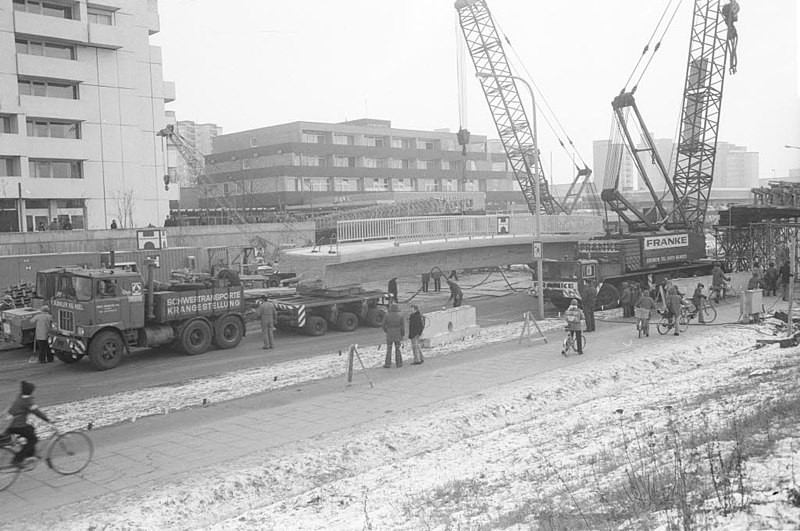
In a world where technology is rapidly reshaping traditional industries, we often find valuable lessons in the success stories of companies that have disrupted the status quo. Uber's revolutionary impact on the taxi industry offers insightful parallels that the construction industry can learn from. Let's explore how the taxi industry's transformation through Uber's innovation can provide valuable insights for the construction sector.
Leverage Data-Driven Decision Making:
Uber's data analytics prowess optimized ride patterns and enhanced efficiency. For construction, data-driven insights can enable predictive maintenance, resource allocation, and risk assessment, leading to better decision-making throughout the project lifecycle.
Embrace Disruptive Technology and Convenience:
Much like how Uber harnessed mobile apps to transform the taxi experience, the construction industry can benefit from embracing digital solutions. From Building Information Modeling (BIM) to project management software, adopting technology can streamline processes, enhance collaboration, and improve project efficiency.
Feedback-Driven Improvement:
Uber's rating and review system empowered users to provide feedback, creating a continuous loop of improvement. Similarly, the construction industry can benefit from robust feedback mechanisms, enabling stakeholders to identify areas for enhancement, whether it's project management, safety protocols, or materials sourcing.
Dynamic Pricing for Project Success:
Uber's surge pricing balanced supply and demand. Applying a similar approach in construction, by connecting suppliers, contractors, and consultants early in projects, streamlines complex tasks in shorter timeframes. A network-style service optimizes equipment and labor sourcing, aiding estimation and project management for success.
As we draw parallels between Uber's impact on the taxi industry and the potential for transformation in construction, it's important to acknowledge that these changes won't occur overnight. However, by embracing technology, flexibility, feedback-driven growth, dynamic pricing, and data-driven insights, the construction industry can position itself for a more efficient, responsive, and successful future.
In conclusion, the lessons from Uber's disruptive journey offer a roadmap for the construction industry to evolve, adapt, and thrive in an increasingly dynamic landscape. By taking inspiration from the ways Uber revolutionized the taxi industry, the construction sector can pave the way for innovation, efficiency, and growth.